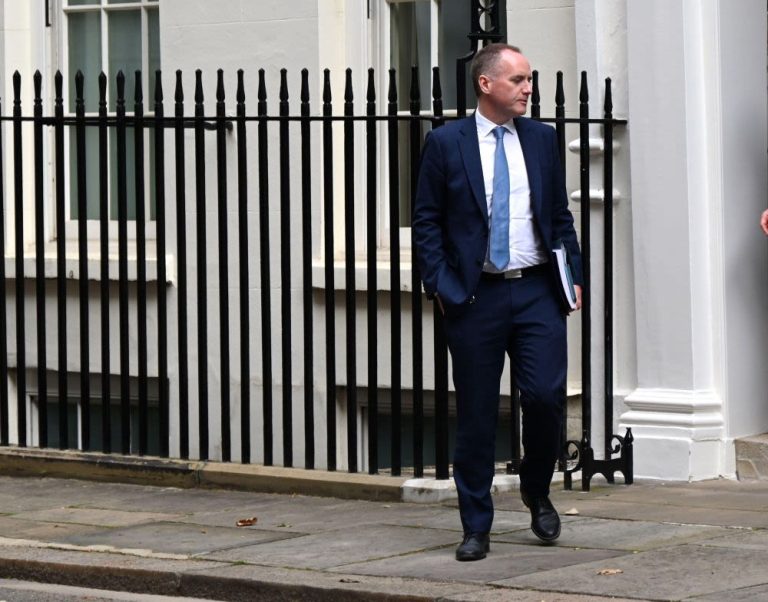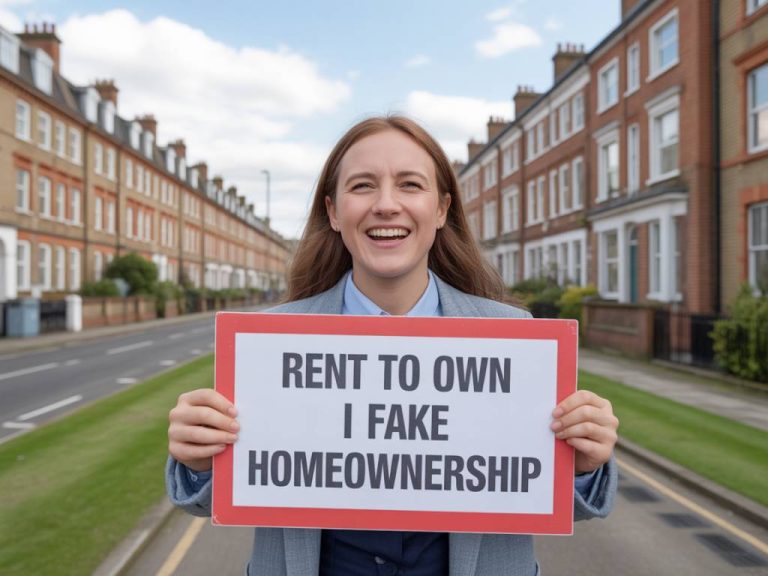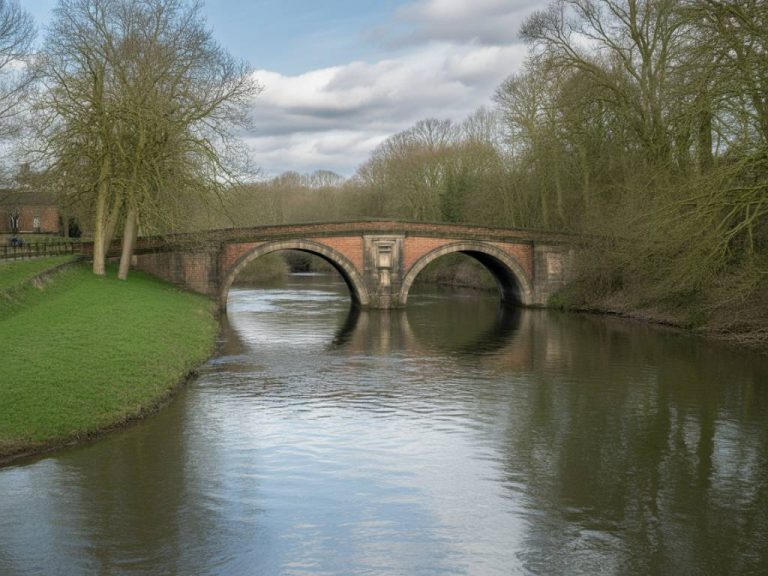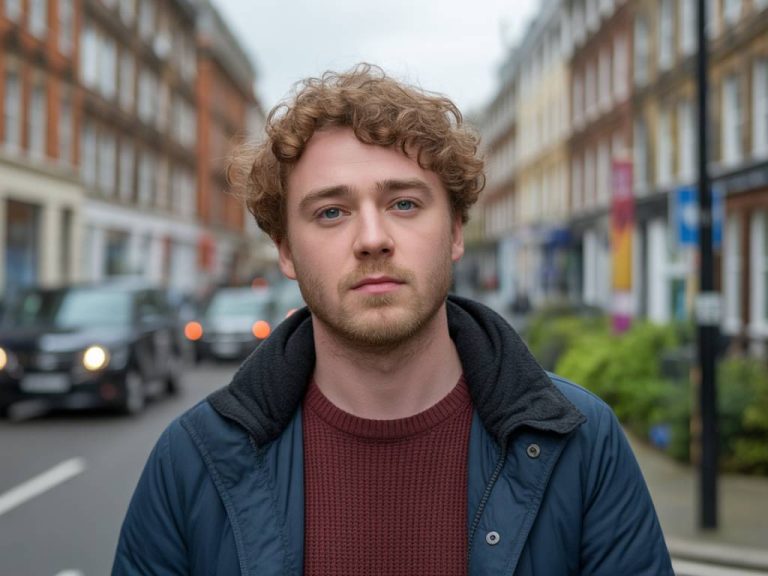A hushed Chamber awaits the moment
On 8 May 1945, an extraordinary silence fell over the Palace of Westminster. Ahead of the official announcement that the Second World War in Europe had ended, around 100 peers gathered in the Royal Robing Room to debate a routine bill – the Pontypool Gas Bill – as an outlet while awaiting news. At precisely 2.15pm, MPs in the Commons sat down for Oral Questions, unaware that history was about to unfold minutes later.
The break with parliamentary convention
Tradition demanded that any statement be made first to Parliament before being broadcast. Yet, Winston Churchill, having recorded his victory message at 3pm from No 10 Downing Street, spoke to the nation before entering the Commons. The Duke of Norfolk’s bell rang just after the broadcast, prompting MPs and peers to set aside their scheduled business and prepare for Churchill’s return.
MPs curb their impatience with dignity
Harold Nicolson, the National Labour MP and diarist, arrived moments after broadcast and described the atmosphere: “Cool and hushed the Chamber was, with the War Secretary answering questions as if nothing unusual were impending.” Regular government questions continued under an air of expectancy, as members of both sides resisted the urge to break decorum.
Chips Channon’s vivid account
Tory MP ‘Chips’ Channon—known for his flamboyant diary—secured a spectator’s spot in the Speaker’s Gallery for his friend, playwright Terence Rattigan, “looking so pretty,” he noted. In his memoir, Channon captured MPs firing off “desultory questions about next week’s business as they glanced at the doors behind the Speaker’s chair,” while the public gathered in ever-larger crowds outside.
Churchill’s triumphant re-entry
Just before 3.30pm, Churchill emerged from the Central Lobby to thunderous applause. Galleries brimmed with visitors who rose to cheer, brandishing programme sheets and handkerchiefs. The Speaker’s Chaplain recorded applauding Members of Parliament, save one – Ernest Millington – who refused to stand. Nicolson summed up the moment succinctly: “MPs yelled and yelled.”
Praise for Soviet allies secures unity
Churchill’s opening lines steered minds beyond Britain’s triumph: “Today, perhaps, we shall think mainly of ourselves. Tomorrow we shall pay particular tribute to our Russian comrades, whose prowess in the field has been one of the grand contributions to the general victory.” This gesture honoured Stalin’s insistence on marking Victory in Europe Day on 9 May and helped shore up relations with the Soviet Union.
A speech from the heart
Forsaking his script, Churchill set aside his manuscript and addressed MPs directly: “I thank and bless the House for all its noble support of me throughout these years.” According to Nicolson, Churchill’s wide gestures conveyed genuine emotion, while Channon noted that “some Members wept” at the heartfelt tribute from the wartime leader.
The solemn motion of thanksgiving
Turning to the Speaker, Churchill moved: “That this House do now attend at the Church of St Margaret, Westminster, to give humble and reverent thanks to Almighty God for our deliverance from the threat of German domination.” These familiar words mirrored David Lloyd George’s 1918 motion. The House rose as one, processing to St Margaret’s for a brief but poignant service of thanksgiving.
Procession into St Margaret’s and public jubilation
Chips Channon described the procession: “We walked through St Stephen’s Hall and outside there was a terrific crowd; the sun was shining; there were bells; cameras clicked.” Approximately 500 MPs, peers and officials filed into the medieval church, where the Speaker’s Chaplain read aloud the names of 21 MPs killed in the war, provoking furtive tears from those seated.
A moment of humanity in the chaos
After the service, as Churchill departed through Central Lobby, a young boy darted toward him asking for an autograph. The Prime Minister gently ruffled the child’s hair and signed a visitor’s book, remarking, “That will remind you of a glorious day,” to renewed applause from the throng. In that simple gesture, Churchill captured both the gravity and relief of VE Day.
Voices echoing through history
This blend of political formality, personal testimony and public celebration on VE Day 1945 reveals how Parliament and the people paused to honour sacrifice, express unity and turn the page on a grim chapter. Churchill’s speech stands as a testament to leadership under siege and the resilience of British democracy in its darkest hour.





